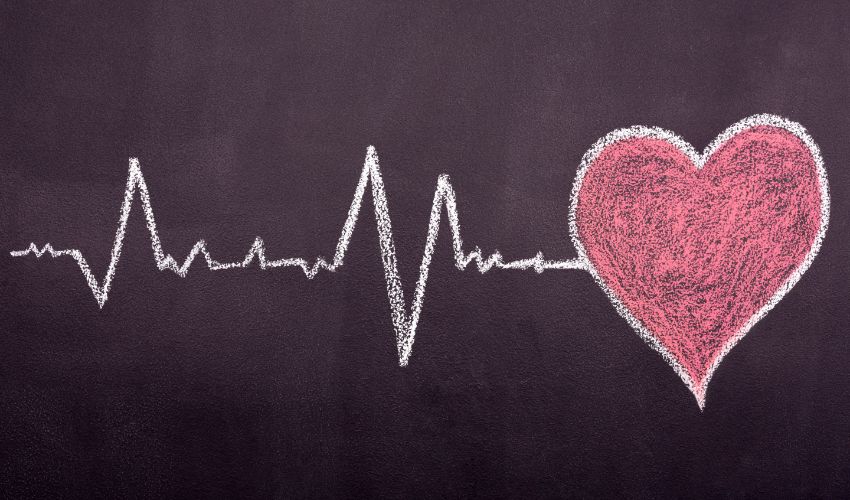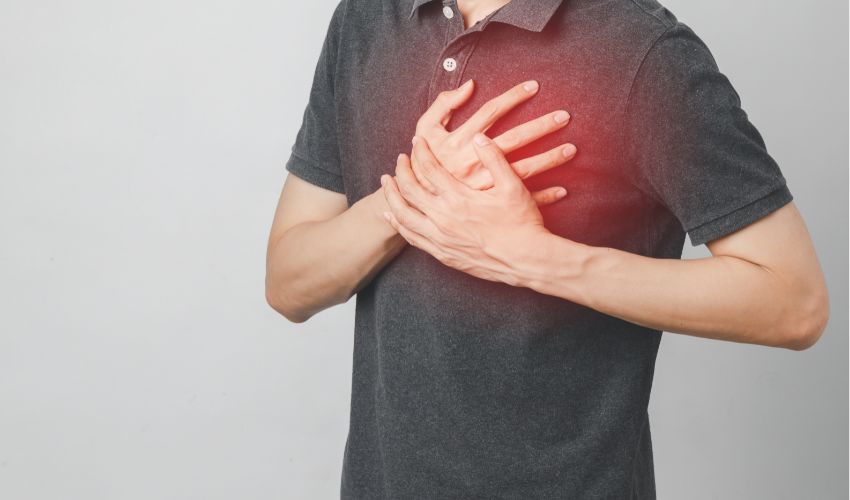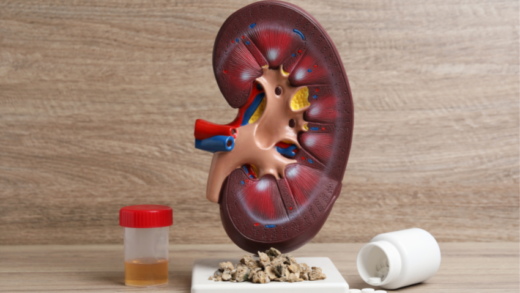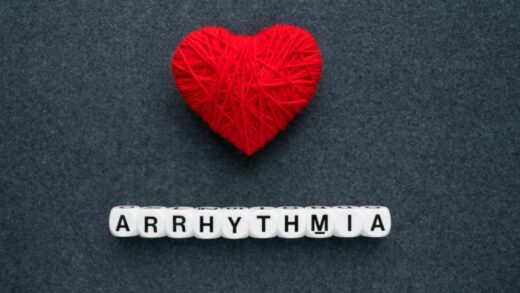The heart is the most important organ in the human body, responsible for pumping blood and supplying oxygen and nutrients to every part of the body. However, sometimes the heart may not function properly, leading to an irregular heartbeat. Irregular heartbeat, also known as arrhythmia, can occur in people of all ages, including children and adults. In this article, we will discuss the causes, symptoms, and treatment of irregular heartbeat.
Irregular heartbeat, also known as arrhythmia, is a condition in which the heart beats too fast, too slow, or irregularly. This can affect the heart’s ability to pump blood effectively, leading to a variety of symptoms and complications. In some cases, irregular heartbeat may be harmless and require no treatment. However, in other cases, it can be serious and require medical intervention.
There are many factors that can cause an irregular heartbeat, including heart disease, high blood pressure, hyperthyroidism, hypothyroidism, sleep apnea, stress, anxiety, alcohol abuse, drug abuse, and congenital heart defects. In some cases, the cause of irregular heartbeat may be unknown.
The symptoms of irregular heartbeat can vary from person to person, but some common symptoms include heart palpitations, chest pain, shortness of breath, dizziness or lightheadedness, fatigue or weakness, fainting, and sweating. If you experience any of these symptoms, it is important to seek medical attention to determine the underlying cause of the condition and receive appropriate treatment.
The treatment of irregular heartbeat depends on the underlying cause of the condition. Some treatment options include medications, such as beta-blockers, calcium channel blockers, and anti-arrhythmic drugs, cardioversion, which involves delivering an electrical shock to the heart to restore a normal heartbeat, catheter ablation, which involves using radiofrequency energy to destroy the tissue that is causing the irregular heartbeat, and pacemaker implantation, which involves implanting a small device under the skin of the chest to regulate the heartbeat.
In addition to medical treatment, lifestyle changes can also be helpful in managing irregular heartbeat. These include avoiding triggers such as caffeine, alcohol, and stress, getting enough rest and exercise, and eating a healthy diet. In some cases, managing underlying medical conditions such as high blood pressure and diabetes can also help to reduce the risk of irregular heartbeat.
Causes of Irregular Heartbeat:
There are many factors that can cause an irregular heartbeat, including:
- Heart disease
- High blood pressure
- Hyperthyroidism
- Hypothyroidism
- Sleep apnea
- Stress
- Anxiety
- Alcohol abuse
- Drug abuse
- Congenital heart defects
Symptoms of Irregular Heartbeat:
The symptoms of irregular heartbeat can vary from person to person, but some common symptoms include:
- Heart palpitations
- Chest pain
- Shortness of breath
- Dizziness or lightheadedness
- Fatigue or weakness
- Fainting
- Sweating

Treatment of Irregular Heartbeat:
The treatment of irregular heartbeat depends on the underlying cause of the condition. Some treatment options include:
- Medications, such as beta-blockers, calcium channel blockers, and anti-arrhythmic drugs.
- Cardioversion, which involves delivering an electrical shock to the heart to restore a normal heartbeat.
- Catheter ablation, which involves using radiofrequency energy to destroy the tissue that is causing the irregular heartbeat.
- Pacemaker implantation, which involves implanting a small device under the skin of the chest to regulate the heartbeat.
FAQs:
Can irregular heartbeat be cured?
Irregular heartbeat can be managed with proper treatment, but it cannot be cured.

Is irregular heartbeat dangerous?
Irregular heartbeat can be dangerous if left untreated, as it can lead to complications such as stroke or heart failure.
What triggers irregular heartbeat?
Irregular heartbeat can be triggered by a variety of factors, including stress, caffeine, alcohol, and certain medications.
Can exercise worsen irregular heartbeat?
Exercise can sometimes trigger irregular heartbeat, but regular exercise is generally beneficial for heart health.
Can irregular heartbeat be prevented?
Irregular heartbeat can be prevented by maintaining a healthy lifestyle, managing stress, and treating underlying medical conditions.
Conclusion:
Irregular heartbeat is a common condition that can be caused by a variety of factors. If you experience any symptoms of irregular heartbeat, it is important to seek medical attention to determine the underlying cause of the condition and receive appropriate treatment. By understanding the causes, symptoms, and treatment of irregular heartbeat, you can take steps to protect your heart health and live a healthy, active life.






















